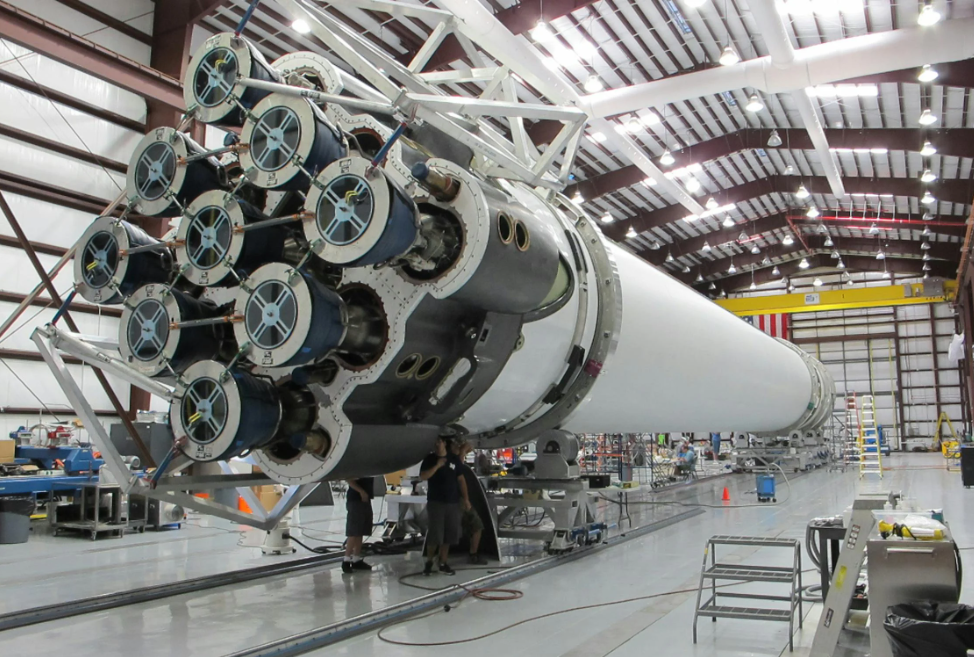The landscape of engineering careers in India has evolved significantly over the years. With rapid advancements in technology, globalization, and the rise of new industries, there is ongoing debate about the demand for core engineering careers. Core engineering fields, such as civil, mechanical, electrical, and chemical engineering, have traditionally been the backbone of the engineering profession. Let’s explore whether these careers are still in demand in India today.
The Current State of Core Engineering Careers
Infrastructure Development
India’s ongoing infrastructure development projects, including roads, bridges, airports, and smart cities, ensure that civil and structural engineers remain in high demand. The government’s focus on improving infrastructure to support economic growth and urbanization drives the need for skilled professionals in this sector.
Manufacturing and Industrial Growth
The manufacturing sector in India continues to expand, with initiatives like “Make in India” aimed at boosting local manufacturing and creating jobs. Mechanical and industrial engineers play a crucial role in designing, optimizing, and maintaining manufacturing processes and systems. This sector’s growth directly translates to sustained demand for core engineering skills.
Energy and Power Sector
India’s energy sector is undergoing a transformation with an emphasis on renewable energy sources, energy efficiency, and sustainable development. Electrical engineers are essential for developing and maintaining power generation, transmission, and distribution systems. The push for renewable energy projects, such as solar and wind power, further amplifies the demand for electrical engineers.
Chemical and Process Industries
Chemical engineers are integral to various industries, including pharmaceuticals, petrochemicals, food processing, and environmental engineering. India’s growing industrial base and the need for sustainable and efficient processes ensure that chemical engineering remains a vital field.
Emerging Trends and Core Engineering
Integration with Technology
Core engineering disciplines are increasingly integrating with emerging technologies such as artificial intelligence (AI), the Internet of Things (IoT), and robotics. This fusion creates new opportunities for engineers who can bridge traditional engineering principles with modern technological advancements. For example, mechanical engineers working on automation and smart manufacturing systems are highly sought after.
Sustainability and Environmental Focus
The emphasis on sustainability and environmental conservation has created new avenues for core engineers. Civil engineers are now focusing on green building designs, sustainable urban planning, and water resource management. Similarly, chemical engineers are working on developing eco-friendly processes and materials.
Research and Development
India’s push towards becoming a global innovation hub has spurred investment in research and development (R&D). Core engineers are essential for driving innovation in various sectors, including automotive, aerospace, and biotechnology. The demand for engineers who can contribute to cutting-edge research and technological advancements remains robust.
Challenges and Considerations
Skill Gap
While the demand for core engineering skills remains strong, there is a notable skill gap. Employers often seek candidates with practical experience, advanced technical skills, and knowledge of contemporary technologies. Bridging this gap requires continuous learning and upskilling for engineering graduates.
Global Competition
Globalization has increased competition, and Indian engineers now compete with professionals worldwide. Staying competitive requires engineers to not only have strong technical skills but also proficiency in soft skills, project management, and cross-cultural communication.
Economic Fluctuations
Economic downturns and fluctuations in specific industries can impact the demand for core engineering jobs. Engineers must remain adaptable and open to evolving their skills to meet changing market needs.
Core engineering careers in India are still in demand, driven by the country’s infrastructure development, manufacturing growth, energy sector transformation, and industrial expansion. While traditional engineering roles remain crucial, the integration of technology, focus on sustainability, and emphasis on R&D are creating new opportunities within core engineering fields.
“However, to thrive in this dynamic landscape, engineers must continuously upskill, adapt to emerging trends, and bridge the existing skill gaps. Core engineering, with its foundational importance and evolving nature, remains a vital and promising career path in India.”

